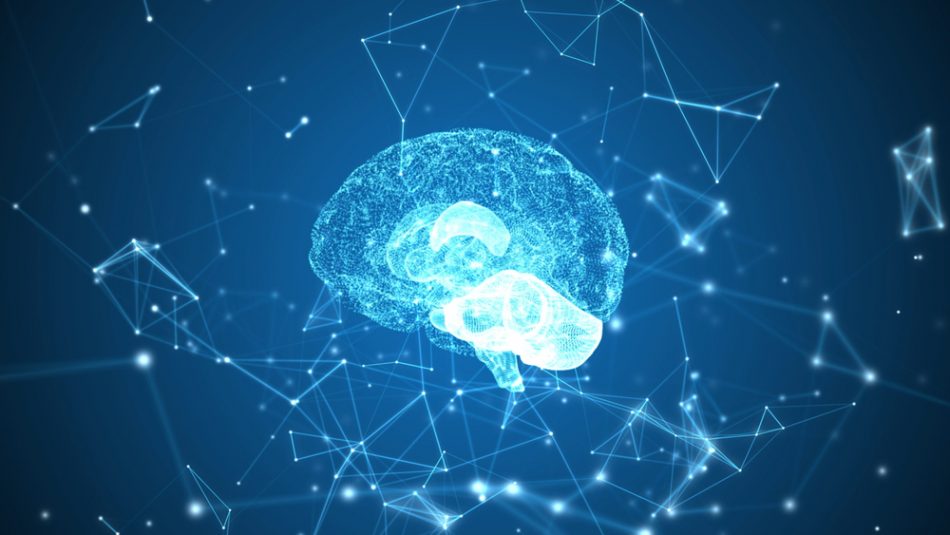AI and machine learning are to thank for transforming the world around us; from our phones to medicine, transportation, and even our toilets! Unfortunately, the huge rise in this field is coupled with a lot more energy expenditure to power these complex machines─not the most ideal situation with our current climate problem.
To tackle this issue, scientists from Penn State had the great idea to take inspiration from how an already fine-tuned supercomputer operates: the brain. This organ is a multiplex full of wires, electrical signals, and many types of cells with the job of running every process in our body.
The researchers focussed on star-shaped cells called astrocytes which play a vital role in memory, learning, synchronization, and other processes. They pointed out that their function is basically the same as complex computers, transferring and redirecting electrical signals around a system. Though the difference is astrocytes have evolved the superior ability to retain much energy throughout the informational transfer.
The perks don’t stop there! Another astonishing role is astrocytes’ ability to self repair neurons and synapses after damage. These are basically the wires and the junctions of the brain. Astrocytes are also responsible for temporal coupling, the ability to consider two separate events at once. Current efficient hardware mapping carrying out coupling is a problem, there is hope these cells can help bridge this gap.
By studying these abilities, application of better energy and fault resilience into AI and computing can be made, leading to the elimination of problems the field is facing and more sophisticated software.
Source study: Frontiers in Neuroscience – Emulation of Astrocyte Induced Neural Phase Synchrony in Spin-Orbit Torque Oscillator Neurons












